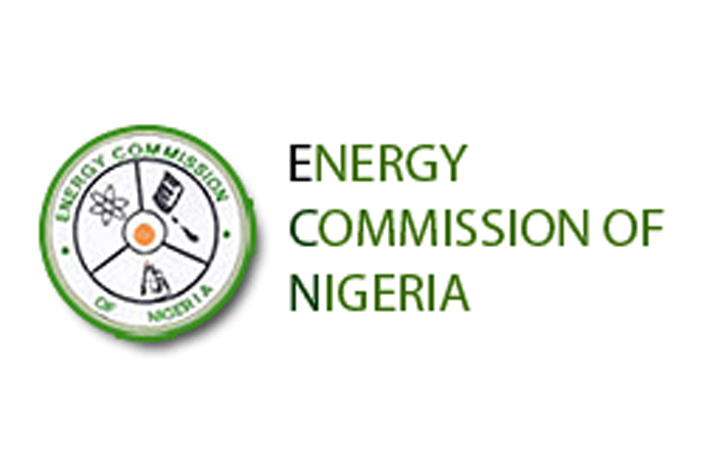The Energy Commission of Nigeria (ECN) says Nigeria requires 410 billion dollars to deliver energy transition plan by 2060.
The Director-General, ECN, Dr Mustapha Abdullahi made this known in a statement on Wednesday in Abuja.
Abdullahi, who gave a speech at the 7th Energy Transition Working Group (ETWG) Meeting, holding in Foz do Iguacu, Brazil, said Nigeria became the first African country to officially launch a detailed Energy Transition Plan.
The two-day meeting is tagged: “Building a Just World and a Sustainable Planet”
- Best Kratom Vendors of 2024: Where To Buy High Grade Kratom Online
- Gunmen abduct women, kill vigilante commander in Kwara
The DG, who heads the Nigerian Delegation at G20 ETWG said the plan would address problems of energy poverty, climate change and deliver universal access to affordable energy (SDG7) by 2030 and net-zero by 2060.
He reiterated that modern, affordable, reliable and sustainable energy is critical for economic growth.
He also said that the provision of access to modern energy would contribute greatly to improved health care, better education and economic growth in both urban and rural areas in Africa.
“We need significantly more energy because energy access are essential to reducing poverty, preventing disease and for supply of clean water for essential hygiene.
“One of the conclusions of the COP28 Summit held in Dubai in 2023 was the commitment of the participating countries to transition away from fossil fuels to renewable fuels.
“So as to achieve net-zero emissions by 2050 globally.”
He said that Nigeria had set up a policy target of domestication and localisation of Green Energy with the mining and processing of lithium for lithium-ion batteries, solar PV assembly plant factories.
He said others were pilot green hydrogen and biomethanol plant as implementation strategy projects accordingly.
He said that finance was key to a clean energy transition and it is currently inaccessible by developing nations that need it most particularly in Africa.
“Africa is one of the most affected regions by climate change and the present funding for climate financing in African countries is inadequate.
“According to the African countries Nationally Determined Contributions, the continent reportedly requires about 53 billion dollars per year between 2020 and 2035.
“To achieve a just energy transition, each African country should plan its own energy transition that is specific to each country’s energy scenario policy and not a general one size fits all model.”
The G20 Energy Transitions Working Group brought together energy ministers, leaders, and experts worldwide to discuss and consider energy transition policies.

 Join Daily Trust WhatsApp Community For Quick Access To News and Happenings Around You.
Join Daily Trust WhatsApp Community For Quick Access To News and Happenings Around You.


